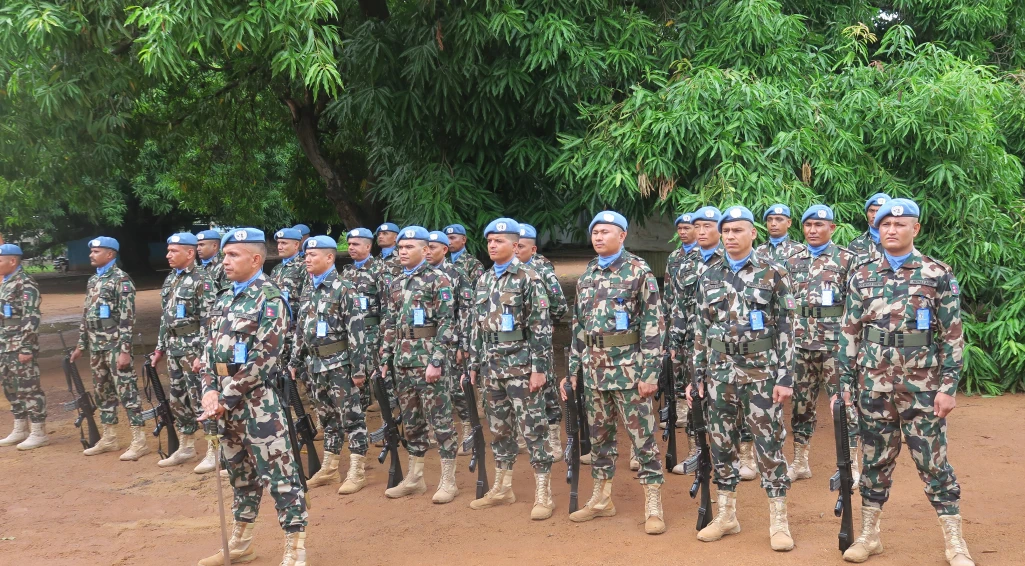
As the United Nations Mission in South Sudan-Aweil field office observed the International Day of United Nations Peacekeepers and marked the 75th Anniversary of UN Peacekeeping on Monday, the public has been advised to be part of democracy.
The International Day of United Nations Peacekeepers is observed annually on 29 May.
The theme for this year’s observance: “Peace Begins with Me”, recognizes the contribution and efforts of UN peacekeepers alongside many partners, including the communities that they serve, to secure peace and progress.
Speaking during the ceremony in Aweil, the acting head of field office in Aweil-Northern Bahr Ghazal State said it was the role of every citizen to see that South Sudan was a democratic country.
“There must be fair and free election; government must ensure there is no discrimination on the basis of your clan, tribe, or the color of your hair or which district or county you come from,” Alfred Zulu told the gathering.
South Sudan is expected to hold its first-ever general elections by the end of 2024, as per the new roadmap the peace parties agreed upon in 2022.
He said as a United Nations Mission in South Sudan they are working hard to educate people of their participation importance in the peace process through radio programs, Community Awareness.
“Every young man, every woman must be able to participate so that a free and fair election will make us achieve the peace needed,” Zulu added.
The International Day of UN Peacekeepers was established by the UN General Assembly in 2002, to pay tribute to all men and women serving in peacekeeping, and to honor the memory of those who have lost their lives in the cause of peace.
Almost 20,000 peacekeepers serve with the United Nations Mission in South Sudan to protect civilians and build durable peace in the conflict-affected country.
The civilian, police and military personnel from 73 countries carry out many duties under the mandate provided by the United Nations Security Council.
Their work falls under four main pillars: Protection of Civilians, Creating conditions conducive to the delivery of humanitarian assistance, Supporting the implementation of the revitalized agreement and the peace process, and Monitoring and investigating human rights.